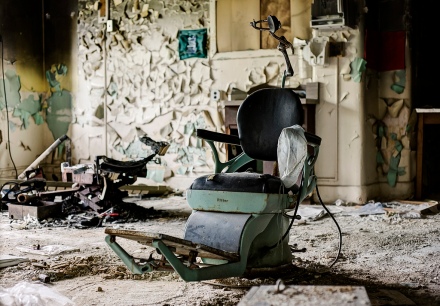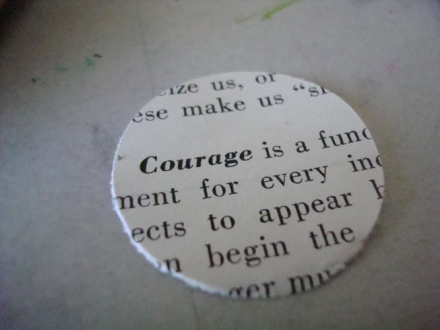
Photo Credit: odin’s_raven via Compfight cc
Blogging has never been one of my strong points, something I am hoping to change as I push myself harder this year. It has been a long time, way too long, since I posted last. So I thought I would pop in and share some things with you.
THE GROWING LIST
I posted last year about my out-of-the-blue Hiatal Hernia attack that threw me for a loop. Being ill isn’t new to me, but I usually have some type of warning. Getting sideswiped brought about new contacts and information, but also made me increasingly aware of the deficit of information out there about LE. At least in the United States.
A NEED FOR MORE EDUCATION
My last run in with my Gastroenterologist left a lot to be desired. According to him, Gastric Bypass was the solution for everything: Your nose is running, Gastric Bypass. Your ear falls off, Gastric Bypass. You have a cowlick, Gastric Bypass. ANd, keep in mind, this is also the same man who told me he knew nothing about the lymphatic system, yet still wanted to crack me open. In fact, what topped it, was when he told me, and I quote…
“(scoff) You won’t find a vascular man that knows anything about the lymphatic system. (laugh)”
Wow. Really?
If that’s true, the entire medical profession needs to go back to school. That’s like saying blood has nothing to do with the cardiopulmonary system. The Lymphatic System is called “our 2nd circulatory system” for a reason. It’s important.
I remember I just stood there and stared at him in disbelief a moment before hemming in my anger and saying something to him along the lines of “the lymphatic system affects every system in the body, every”. Of course, the rest of what I was thinking isn’t something I’ll repeat here. He just smiled and then his nurse proceeded to tell me that looking things up on WebMD online isn’t reliable. When I told her I read actual medical journals and spoke to therapists in the field she just walked away. I’m not medically trained, therefore, I know nothing.
I’m not medically trained, but I read and I absorb. I have been living in this body all my life, know it’s ins and outs (no pun intended), and have been studying since the moment I finally found out what was wrong. Five years worth of “your fat, you need to exercise, here’s some water pills” failed me (and almost killed me) until someone who paid attention referred me to my first therapist. I think to deal with something like this and not dig your heels into the research is counterproductive to living and, dammit, I really want to live.
After that last meeting with my (now ex) GI, I realized it is that kind of haughty ignorance that makes me the most furious. It’s scary. We rely on physicians to be knowledgeable, to know as much about how our frail, human bodies work as they do the apps on their smartphone, and yet, well, they don’t. The medical industry in the United States, and that is what it is never forget, an industry, is broken and our physicians need to stop resting on their laurels. They need to be required to take workshops on anything related to their field.
I have come to learn several things over the years, but one stands out: The traditional medical industry condemns alternative medicine because, for one reason, they can’t make money off of it.
This isn’t true for all fields of medicine, it just seems prevalent in the United States. Some physicians have actually, happily, embraced the value of alternate therapies and I love them for it. Their lives and the lives of their patients are not made easy by the rest of the system, though, and there’s something wrong with that.
The biggest focus should be on continuing education. Working together, collaborating and consulting with other physicians in other areas of expertise should be the norm. Specializing in a particular medical field should not negate the fact that you need to learn about other systems, they are all connected.
 In June of 2001, I met my best friend. She was small, practically pocket-sized, and kinda wrinkly. The first time I looked at her I was in love. She was already pretty spoiled when I met her; she’d had her own built-in swimming pool for months, music piped in daily with her very own soloist to accompany, and more sushi than she could eat.
In June of 2001, I met my best friend. She was small, practically pocket-sized, and kinda wrinkly. The first time I looked at her I was in love. She was already pretty spoiled when I met her; she’d had her own built-in swimming pool for months, music piped in daily with her very own soloist to accompany, and more sushi than she could eat.

